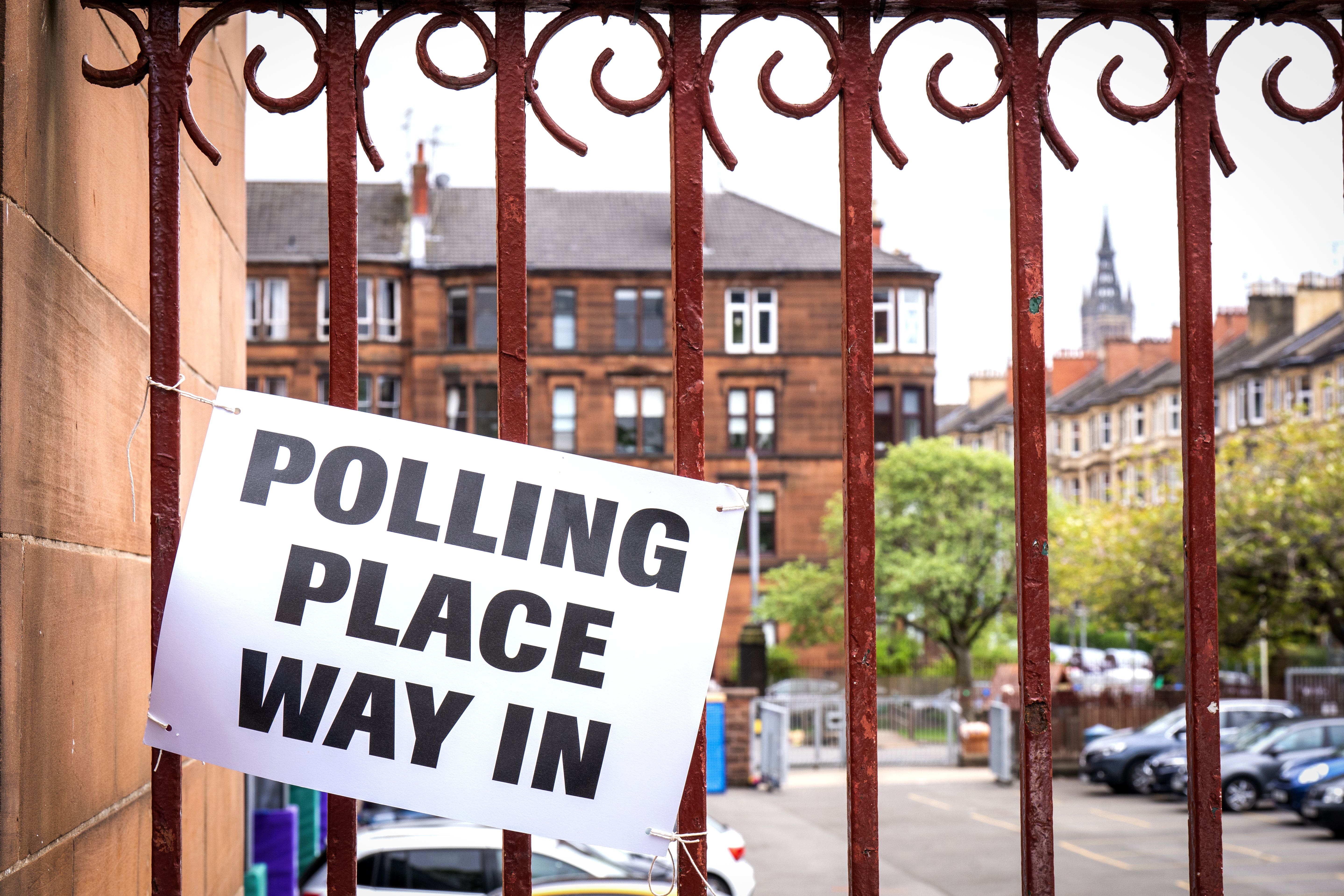‘Outdated’ electoral registration rules mean 8m could miss out on right to vote
Only two-thirds of private renters in Britain are correctly registered to vote, with young people also disproportionately affected.

Up to eight million people could be denied their right to vote thanks to an “outdated registration system”, the Electoral Commission has said.
The commission has called for “urgent reforms” to electoral registration rules after research published on Monday highlighted the number of people either incorrectly registered or missing from the electoral roll completely.
The figure is more than the combined adult populations of Scotland and Wales and includes disproportionate numbers of young people and private renters.
Only two-thirds of private renters in Britain are registered at their current address, while the proportion of renters in Scotland included on the register has fallen from 49% in 2018 to 45% last year.
Homeowners were much more likely to be correctly registered, with 88% of mortgage-holders and 95% of owner-occupiers appearing on the register at their correct address.
Without action, we’ll continue to see large numbers of people unable to take part in elections
Pensioners were much more likely to be correctly registered than anyone else, with 96% included on the register compared to 60% of those aged 18-19 and 67% of those aged 20-24.
There were also wide ethnic disparities, with 87% of white people correctly registered compared to 80% of Asian people and 72% of black people. The proportion of black people correctly registered has fallen from 75% in 2018.
Craig Westwood, the Electoral Commission’s director of communications, policy and research, said: “Without action, we’ll continue to see large numbers of people unable to take part in elections.
“The electoral community needs a clear plan to ensure that electoral registration processes are modernised so that people are registered and able to exercise their right to vote. As part of this plan, governments will need to pass legislation to enable data to be shared with electoral administrators.”
Changes proposed by the Electoral Commission would allow government departments and public bodies to share data on potentially eligible voters with electoral administrators, allowing them to register voters directly or send voters invitations to register.
The commission said this would not only improve the experience for voters, but would also reduce the burden faced by electoral administrators who currently receive high numbers of applications to register in the run-up to major elections.
Bookmark popover
Removed from bookmarks